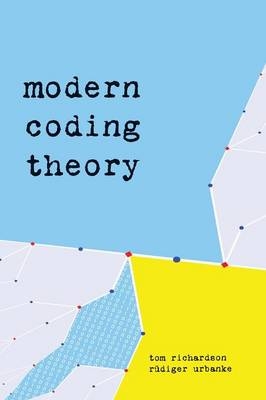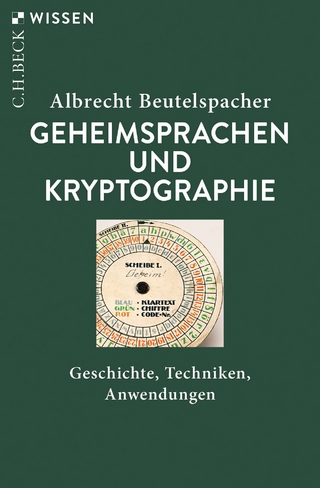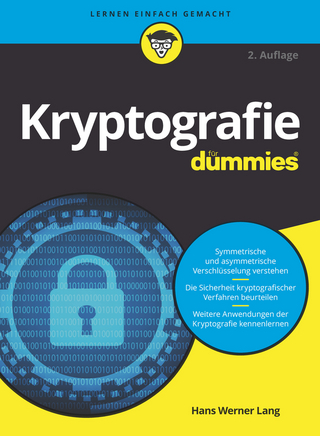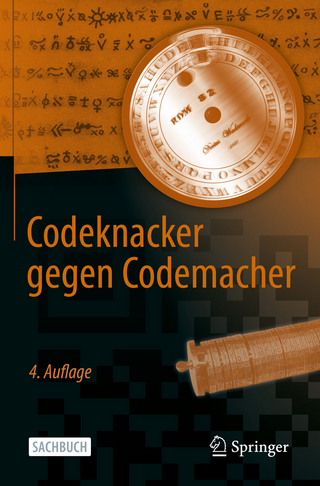
Modern Coding Theory
Cambridge University Press (Verlag)
978-0-521-85229-6 (ISBN)
Having trouble deciding which coding scheme to employ, how to design a new scheme, or how to improve an existing system? This summary of the state-of-the-art in iterative coding makes this decision more straightforward. With emphasis on the underlying theory, techniques to analyse and design practical iterative coding systems are presented. Using Gallager's original ensemble of LDPC codes, the basic concepts are extended for several general codes, including the practically important class of turbo codes. The simplicity of the binary erasure channel is exploited to develop analytical techniques and intuition, which are then applied to general channel models. A chapter on factor graphs helps to unify the important topics of information theory, coding and communication theory. Covering the most recent advances, this text is ideal for graduate students in electrical engineering and computer science, and practitioners. Additional resources, including instructor's solutions and figures, available online: www.cambridge.org/9780521852296.
Tom Richardson is Vice President and Chief Scientist at Flarion Technologies, Inc., New Jersey. He was awarded his Ph.D. in electrical engineering in 1990 from M.I.T., after which he worked for 10 years at the Bell Labs' Mathematical Sciences Research Center. He is the inventor of over 20 patents. Rüdiger Urbanke is a professor in the School of Computer and Communication Sciences at the Ecole Polytechnique Fédérale de Lausanne, Switzerland (EPFL). He was awarded his Ph.D. in electrical engineering in 1995 from Washington University, after which he worked for Bell Labs until joining the faculty at EPFL in 1999. He is currently on the board for the 'Foundations and Trends in Communications and Information Theory' series for the IEEE.
Preface; 1. Introduction; 2. Factor graphs; 3. Binary erasure channel; 4. Binary memoryless symmetric channels; 5. General channels ; 6. Convolutional codes and turbo codes; 7. General ensembles; 8. Expander codes and the flipping algorithm; Appendices: A. Encoding low-density parity-check codes; B. Efficient implementation of density evolution; C. Concentration inequalities; D. Formal power sums.
| Erscheint lt. Verlag | 17.3.2008 |
|---|---|
| Zusatzinfo | Worked examples or Exercises; 150 Line drawings, unspecified |
| Verlagsort | Cambridge |
| Sprache | englisch |
| Maße | 183 x 259 mm |
| Gewicht | 1220 g |
| Themenwelt | Informatik ► Theorie / Studium ► Kryptologie |
| Technik ► Nachrichtentechnik | |
| ISBN-10 | 0-521-85229-3 / 0521852293 |
| ISBN-13 | 978-0-521-85229-6 / 9780521852296 |
| Zustand | Neuware |
| Haben Sie eine Frage zum Produkt? |
aus dem Bereich


